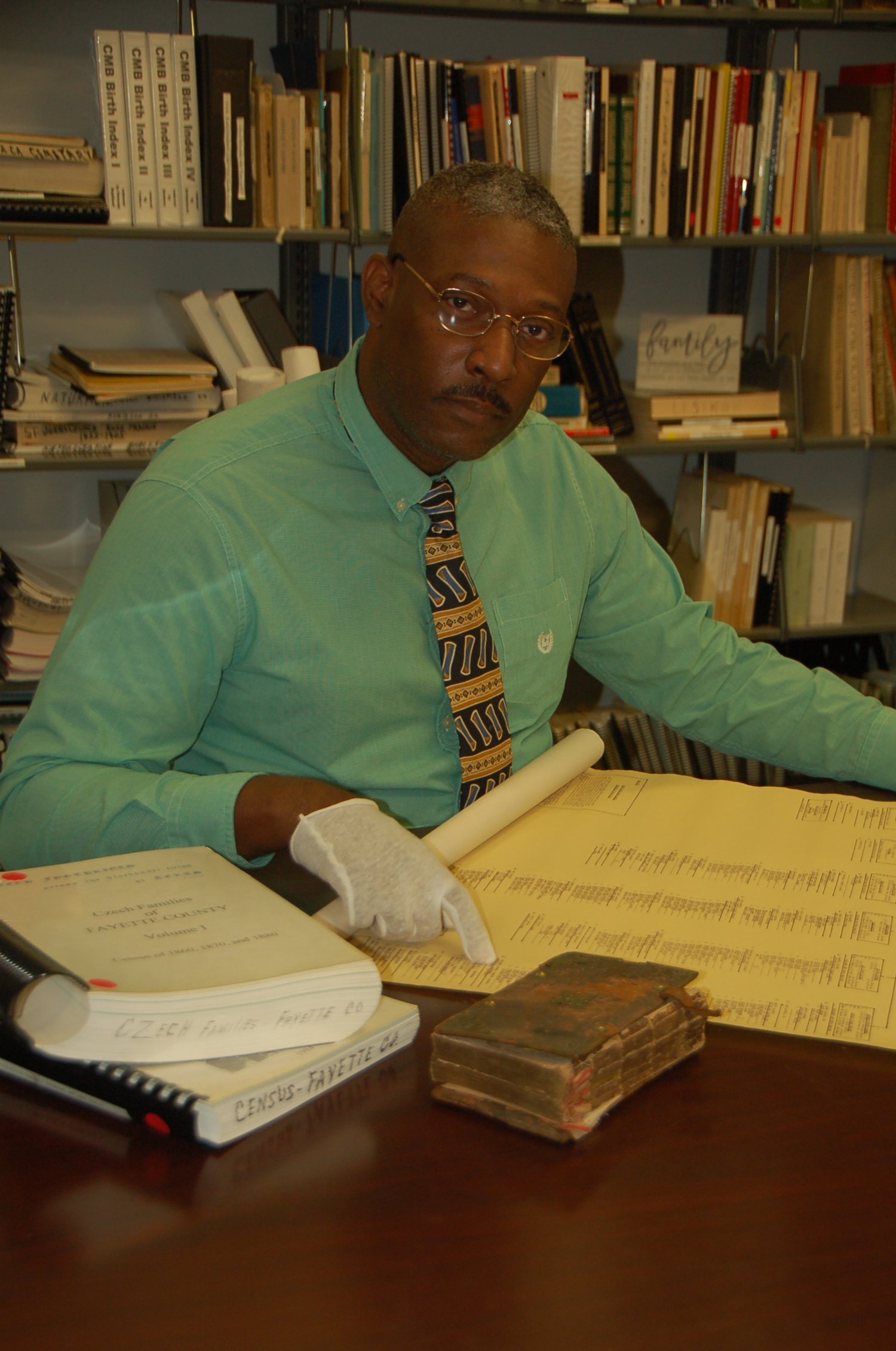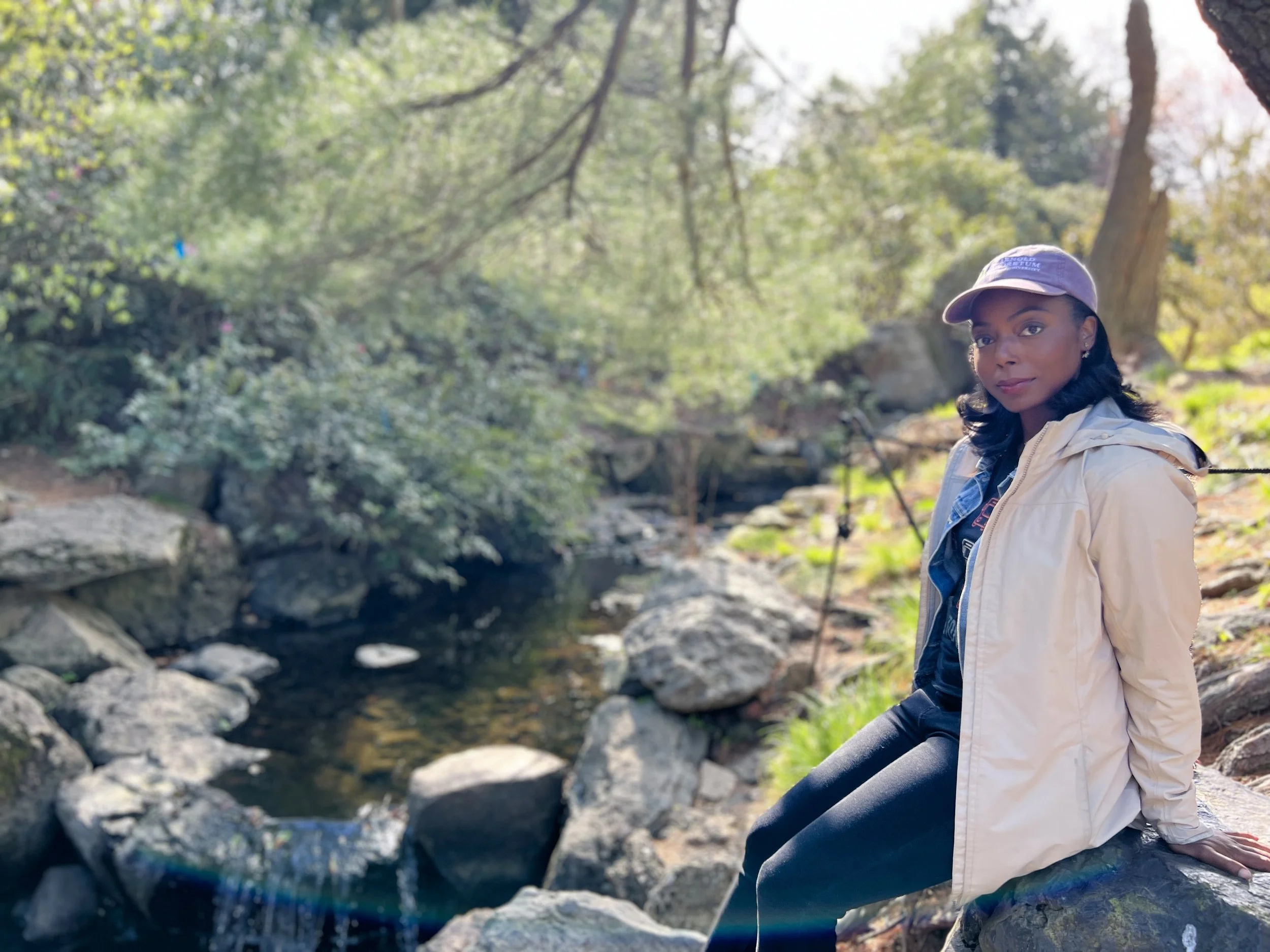Renka Aiba has been seeking to intersect fashion journalism with oral history from the perspectives of material culture and its diversity in modern society.
Grew up in Tokyo, Japan, one of the biggest cities in the world stuffed with people, she find her curiosity on the streets where numerous lives are crossing and producing cultures; for example, non-standard words, vigorous daily activities, interaction through fashion, and murmur that is unintentionally spoken.
After working as a street interviewer for a fashion web magazine in 2019, she developed an interest in the influence of fashion culture on the relationships between society and people. In 2020, when she was in her second year of Keio University, she joined an oral history seminar and started an oral history project to collect personal stories of fashion and expression in the modern society of individualism and consumerism. Her graduation project compiled 30 narratives that are collected in her 3 years of research.
As she changes her research location from Tokyo to New York, she is currently exploring editorial and creative output for her continuous project in narratives in the field of fashion.




















